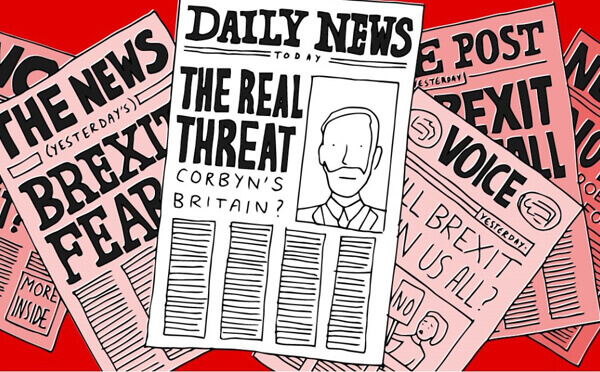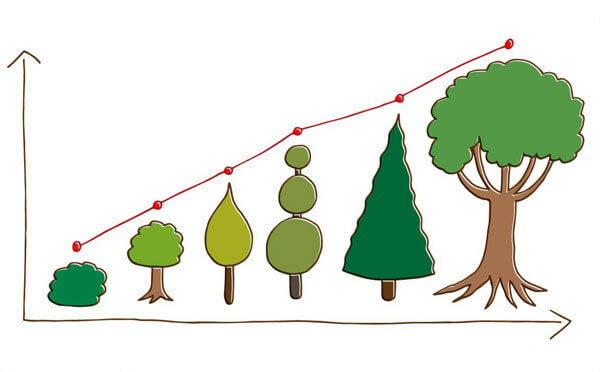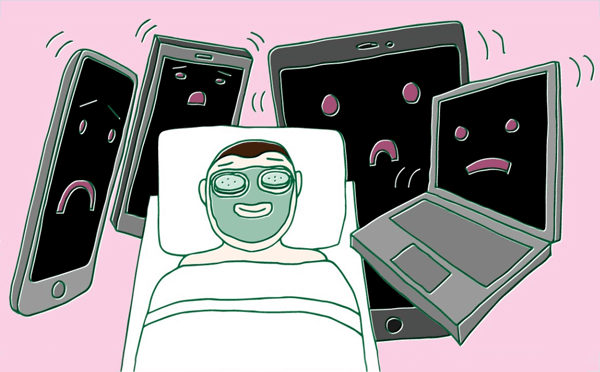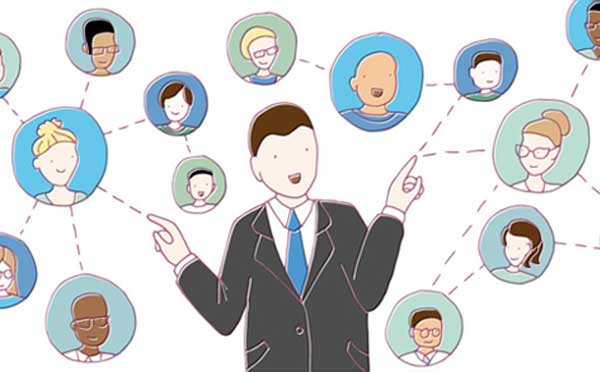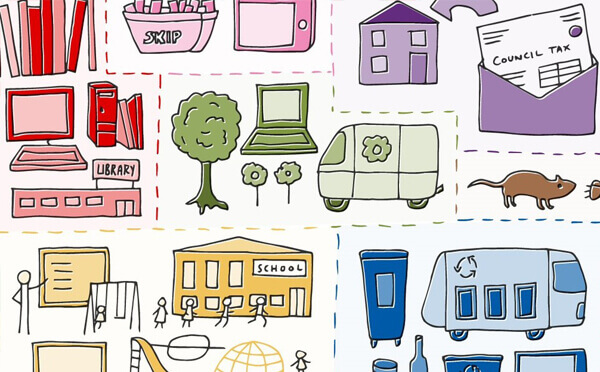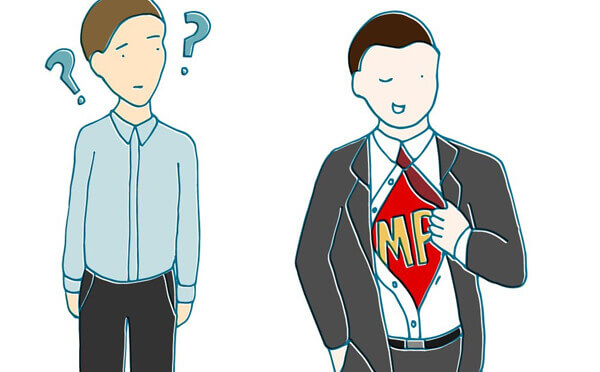What is it about entrepreneurs? There is a feeling that hangs in the air when you visit a business where the founder is present. It’s hard to put into words, but it’s a charge, a sense of urgency.
The closest thing I’ve seen to this effect is in football. Sir Alex Ferguson, the legendary football manager, created that same sense of urgency. Players called him ‘boss’ and he presided over Manchester United’s most triumphant period, winning 38 trophies. Fergie may have been a divisive character but there is no doubting his ability. He is still the most successful manager in the history of football. But what about the succession?
I recently conducted an employee survey at BigChange. The results were overwhelmingly positive. People love working here, they respect me as a leader, and they are happy with the training and opportunities available to them. But there was a red flag: some of my colleagues think that I am too involved in the day to day running of the business. I attend every meeting that I can, and maintain a presence across every department. I make no apologies for this approach. This is how I keep my feet on the ground and stay aware of the needs of the customer.
Colleagues also commended on how visible I am as a founder. When people talk about BigChange, my name always comes up. But isn’t that the way it should be? I started this business seven years ago: we are still young, we are still growing. I feel that it’s too soon for me to disappear into the background. There is still so much I want to achieve.
I don’t know whether to take these comments as a compliment or a criticism. But I do know that I want to listen and take action if there is any way I can improve as a leader.
With that in mind, maybe it’s time to appoint a Chief Operating Officer. That would give other leaders in the business room to spread their wings, take more risks, and have more agency at BigChange.
This survey has also helped me realise that having me as the main man is a risk. If I were hit by a bus, it would be hard to replace me. As we scale, I need to let specialists take on more responsibility.
Don’t get me wrong. I want to remain the driving force behind this business. I’ll be here for the next 10 years, at least. And that decision is not about ego, it’s practical. Our backers funded me, as an entrepreneur. That’s what investment is all about: belief in an individual’s ability to execute a vision. But it makes sense to bring in another leader to complement me, and bring more diversity to the leadership team.
I want people to feel the same charge, when they come and see us at BigChange, as I experience when I visit founder-led companies. I believe I can still create that feeling here, while handing over some of the day-to-day duties to brilliant, capable people – or a person – who will do the job even better than me. It’s time to be brave, and let go.

Martin Port
Founder & CEO


